

Chemotherapy is a widely used treatment for cancer. The term chemotherapy refers to the drugs that prevent cancer cells from dividing and multiplying, by killing the dividing cells.
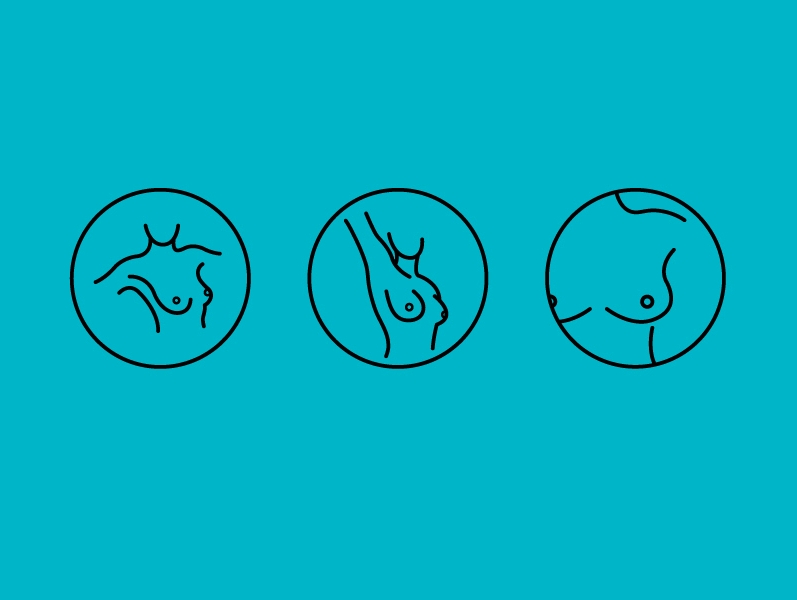
Breast cancer can occur in women and rarely in men. Symptoms of breast cancer include a lump in the breast, bloody discharge from the nipple and changes in the shape or texture of the nipple or breast. Treatment depends on the stage of cancer. It may consist of chemotherapy, radiation and surgery.
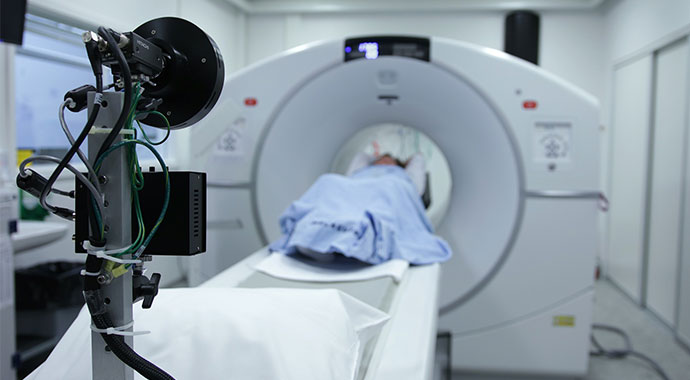
Leukaemia is cancer of blood-forming tissues, including bone marrow. Many types exist such as acute lymphoblastic leukaemia, acute myeloid leukaemia and chronic lymphocytic leukaemia. Many patients with slow-growing types of leukaemia don't have symptoms. Rapidly growing types of leukaemia may cause symptoms that include fatigue, weight loss, frequent infections and easy bleeding or bruising. Treatment is highly variable. For slow-growing leukaemias, treatment may include monitoring. For aggressive leukaemias, treatment includes chemotherapy that's sometimes followed by radiation and stem-cell transplant.
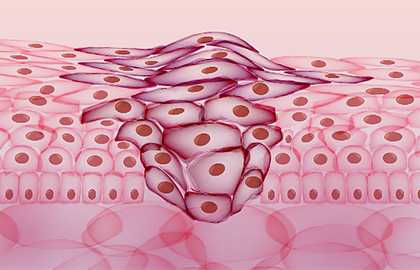
Melanoma occurs when the pigment-producing cells that give colour to the skin become cancerous. Symptoms might include a new, unusual growth or a change in an existing mole. Melanomas can occur anywhere on the body. Treatment may involve surgery, radiation, medication or in some cases, chemotherapy.

Early cases can begin as non-cancerous polyps. These often have no symptoms but can be detected by screening. For this reason, doctors recommend screenings for those at high risk or over the age of 50. Colorectal cancer symptoms depend on the size and location of the cancer. Some commonly experienced symptoms include changes in bowel habits, changes in stool consistency, blood in the stool and abdominal discomfort. Colorectal cancer treatment depends on the size, location and how far the cancer has spread. Common treatments include surgery to remove the cancer, chemotherapy and radiation therapy.
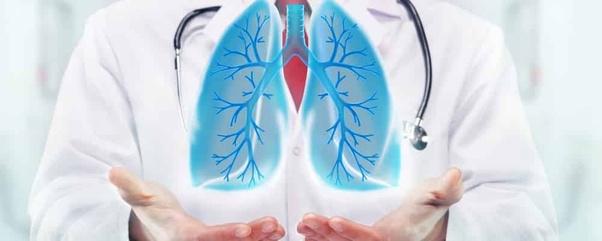
Two major types of lung cancer are non-small cell lung cancer and small cell lung cancer. Causes of lung cancer include smoking, second-hand smoke, exposure to certain toxins and family history. Symptoms include a cough (often with blood), chest pain, wheezing and weight loss. These symptoms often don't appear until the cancer is advanced. Treatments vary but may include surgery, chemotherapy, radiation therapy, targeted drug therapy and immunotherapy.
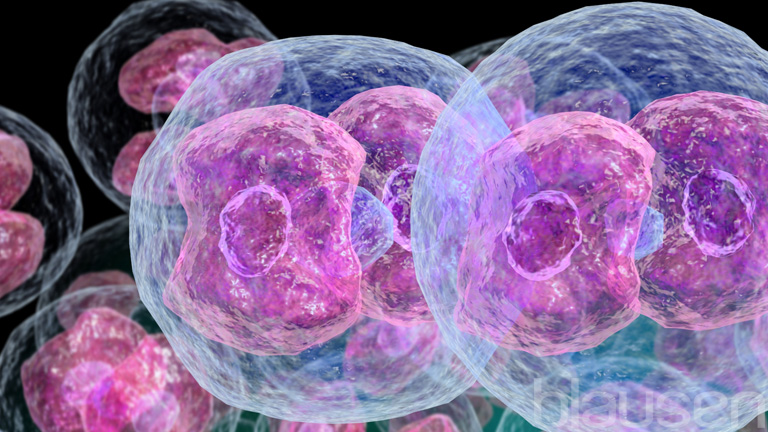
The lymphatic system is the body's disease-fighting network. It includes the lymph nodes, spleen, thymus gland and bone marrow. The main types of lymphoma are Hodgkin's lymphoma and non-Hodgkin's lymphoma. Symptoms include enlarged lymph nodes, fatigue and weight loss. Treatment may involve chemotherapy, medication, radiation therapy and rarely stem-cell transplant.


If you want to ma an appointment with any of our Teams, just fill up the form with valid information and we will contact you via mail or phone for confirmation.
9 Guild Road
Parktown, Johannesburg
2193
Suite H, Room 5
+27 11 480 5984
info@thecancercentre.co.za